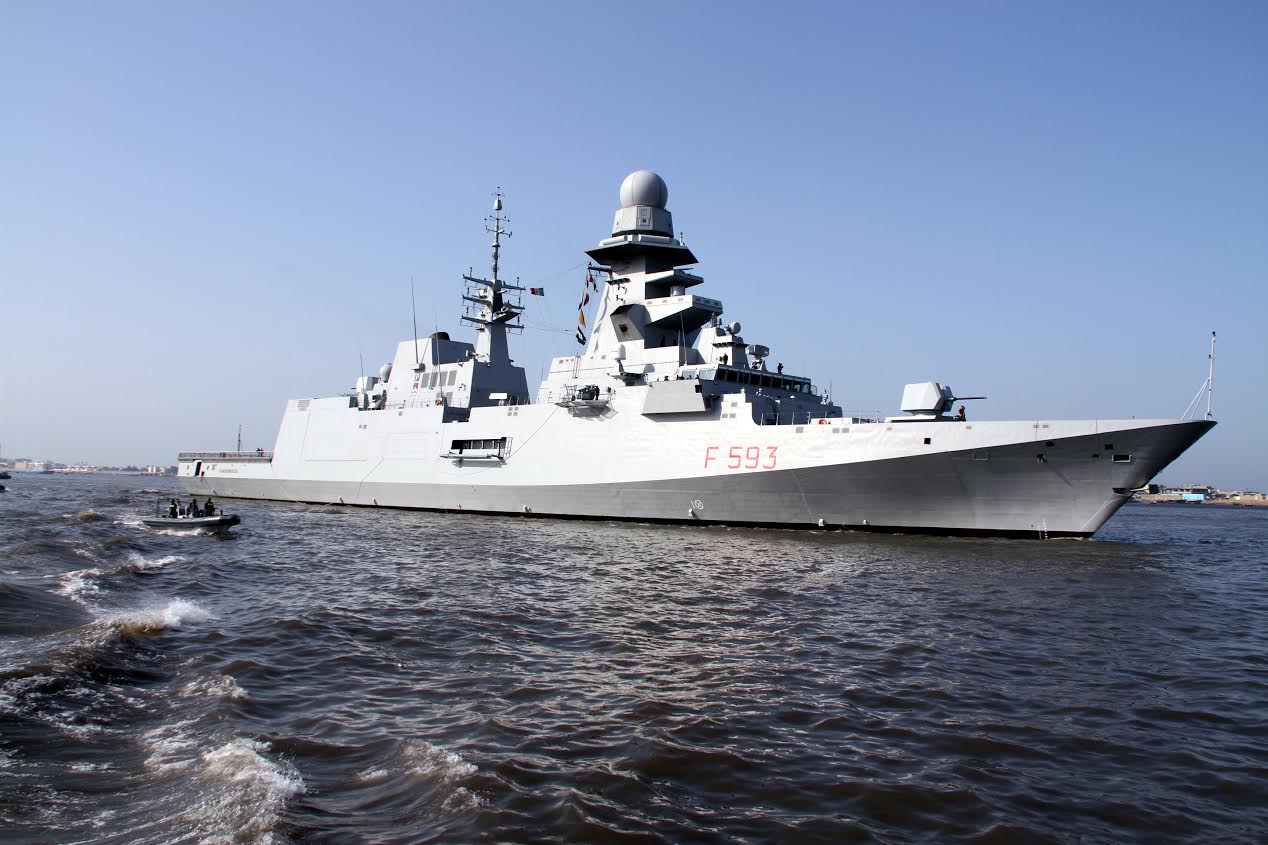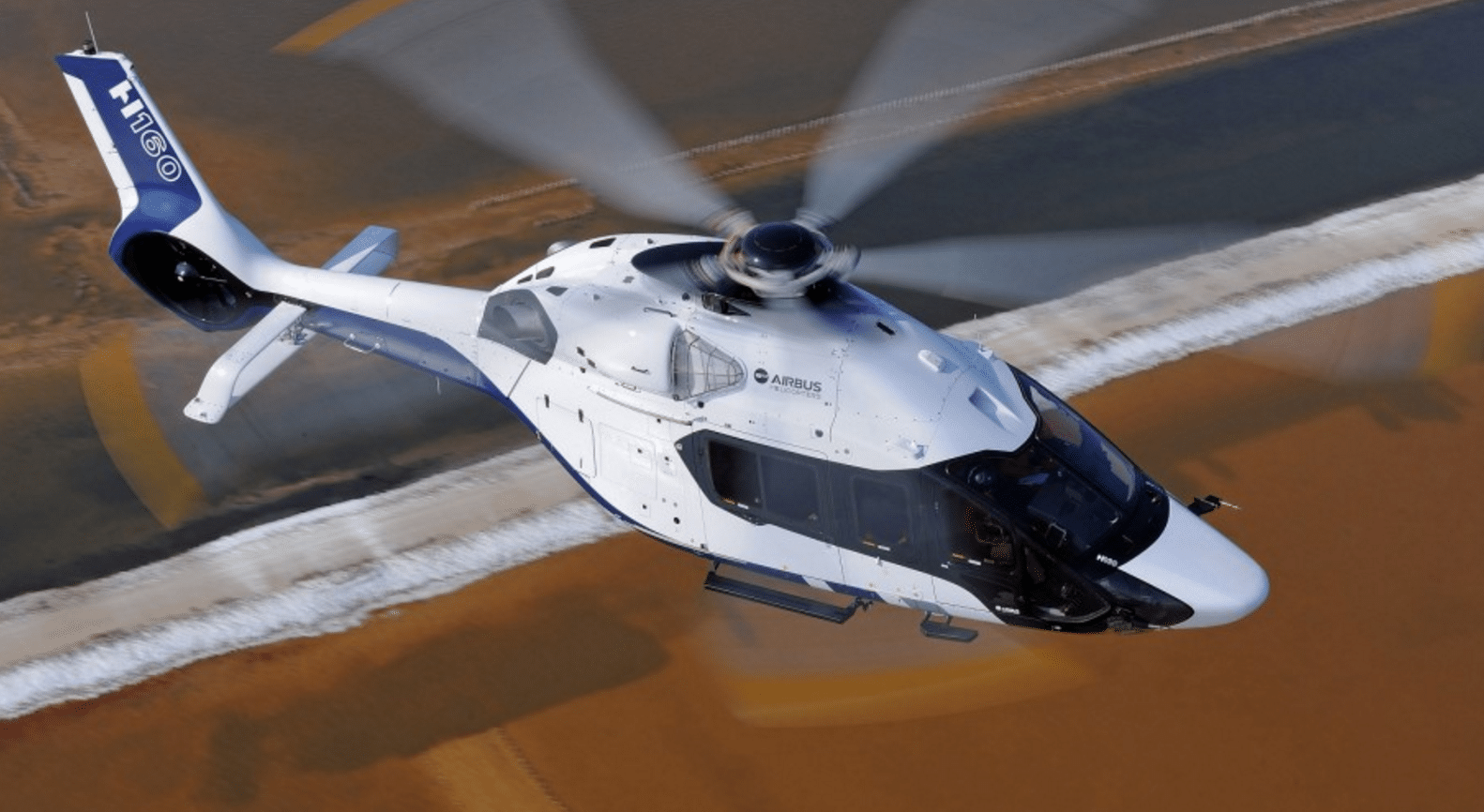2386Views 6Comments

Turkish Aerospace Industries (TAI) CEO hopeful of sales to Pakistan
In an interview with Defense News during the Farnborough Air Show in July, the CEO of Turkish Aerospace Industries (TAI), Muharram Dörtkaşlı, was hopeful of securing big-ticket contracts from the Pakistan Air Force (PAF) and Pakistan Army.
Dörtkaşlı noted that the T-129 dedicated attack helicopter succeeded in its recent flight trials in Pakistan. For example, the T-129 performed well under hot-and-high environments (at 14,000 ft and 50° C) and other “very challenging” conditions.
Terming the Pakistan Army as a “prestigious army” with current operational requirements, Dörtkaşlı noted that a T-129 sale to Pakistan would provide TAI an “excellent reference.” In other words, it would be a landmark sale, one that would clearly affirm the T-129’s performance and combat effectiveness.
In addition, Dörtkaşlı also spoke of ongoing F-16 upgrade negotiations with Pakistan. Observing that the PAF was “quite pleased … [with the previous] modernization plan” involving 46 Peace Gate F-16A/B Block-15s in the late 2000s and early 2010s, he noted that the PAF has “additional modernization requirements, especially from the structural upgrade perspective.” Dörtkaşlı did not offer specific details but noted that a package will be determined with Lockheed Martin.
Comment and Analysis
With direct defence transactions from the U.S. to Pakistan winding down, the Turkish defence industry is emerging as an intermediary for both sides. For example, as noted by TAI’s CEO Muharram Dörtkaşlı, a follow-on upgrade program for the PAF’s F-16s will involve Lockheed Martin, the original equipment manufacturer of the F-16. The TAI T-129 is powered by Honeywell Aerospace CTS800 turboshaft engines.
If either – or both – of these programs come to fruition, the U.S. defence industry will be a relevant party in Pakistan’s defence modernization efforts, even though it is not directly selling equipment to Pakistan. While indirect subsystem sales are not as lucrative as complete solutions, the policy value of enabling (or stopping) indirect transactions to Pakistan will not go unnoticed in Washington.
Turkey and Pakistan’s growing depth in defence relations could be of importance in the short and medium-term as well. Key factors, such as increasingly strong grassroots support of Turkey in Pakistan, coupled Istanbul’s willingness to openly engage with Islamabad on defence issues, have generated a favourable environment for the Turkish defence industry in Pakistan.
If big-ticket contracts – such as the T-129 and MILGEM corvette – come to fruition, Turkey could become a deeply-entrenched arms supplier to Pakistan, second only to China and the U.S.



6 Comments
by Alan Shane
@Quwa…Will jf17-III require structural changes for mounting angle Aesa radar?…Also when would we see it roll out?(Are we expecting it before 2019)
by Bilal Khan - Quwa
I heard a rumour that there is a relatively minor structural change to the nose, but nothing else.
by Sahiwal
Pakistan and Turkey must grow their business and defense ties and work towards strengthening relationship with Russia, China and Iran.
Last but not the least, this blog is extremely informative.
by Muhammad Khurram Bhatti
I still am not convinced that T-129 will give Pakistan kind of flexibility that Z-10 offers if JF-17 is to be seen as a test case. Reliance on American/European hardware is another concern. To be frank, T-129 maybe used as bargaining tool but it will be really surprising to see them inducted in active service because there is only room for one, either Z-10 or T-129
by SP
Pakistan should try to incorporate stealth elements and stealth design into any new helicopter purchase.
by Sami Shahid
If Pakistan will deploy its paramilitary forces on the border with Afghanistan than Pakistan should buy T-129 or Mi-28 for the support of ground troops as Ah-1z is expensive.